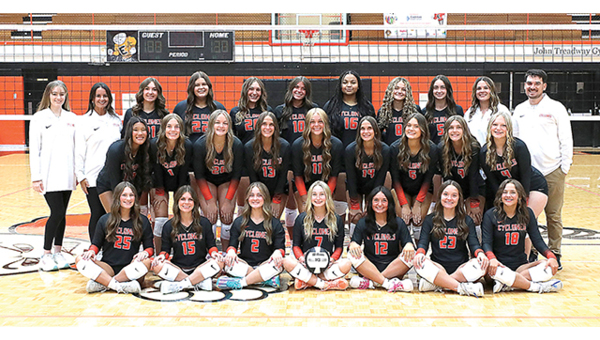The power of checking in: A vital practice for well-being
Published 9:51 am Wednesday, March 27, 2024
|
Getting your Trinity Audio player ready...
|
BY RICHARD G. ROURK
TRACES Recruiter/Trainer
In the hustle and bustle of daily life, it’s easy to overlook the importance of checking in with ourselves and our loved ones. However, in the realm of parenting, especially foster parenting, and the challenges children face, this simple act can make all the difference.
Trending
Parenting, whether biological or foster, comes with its unique set of demands, both physically and emotionally. Likewise, being a child navigating the complexities of the world can be equally draining. In such circumstances, regular check-ins become crucial not only for maintaining well-being but also for fostering stronger connections.
One effective method for checking in is by using a scale of 1 to 5, with 5 indicating feeling great and 1 signaling a struggle. This can be done nonverbally, using our hands to represent our physical and emotional states. A quick daily show of hands allows for a subtle yet impactful way to gauge how we and those around us are faring.
The beauty of this practice lies in its simplicity and universality. Whether across the room or miles apart, individuals can signal their well-being levels, opening avenues for communication without the need for words. For foster parents, this method can serve as a gateway to understanding their child’s experiences and challenges, fostering empathy and support.
Moreover, the act of checking in prompts self-reflection. By acknowledging our own states, we gain insight into our well-being and can course-correct as needed. This self-awareness forms the foundation for mental journaling, enabling us to track trends and address underlying stressors effectively.
As we embrace the practice of checking in, we empower ourselves to prioritize mental and emotional health. Through regular self-assessment and open communication, we create a culture of support and understanding within our families and communities.
So, let’s take a moment to check in. As I type this, I find myself at a 4 both physically and emotionally. What about you? Join us in this journey towards greater well-being.
Trending
For those interested in fostering this practice in their lives and considering foster parenting, reach out to Richard Rourk, Trainer/Recruiter at TRACES Therapeutic Foster Care. Contact Richard Rourk via email at rgrourk@frontierhealth.org or by phone at 423-224-1043 or 423-360-7902.
Let’s make checking in a priority, for ourselves and for those we care about.






